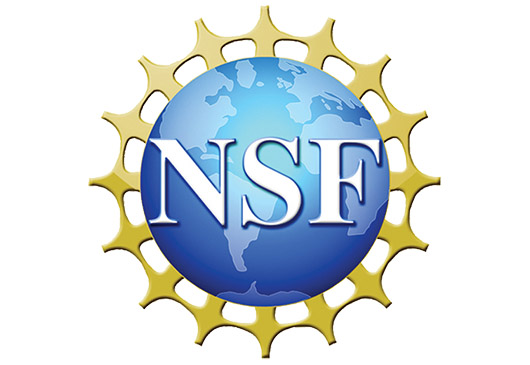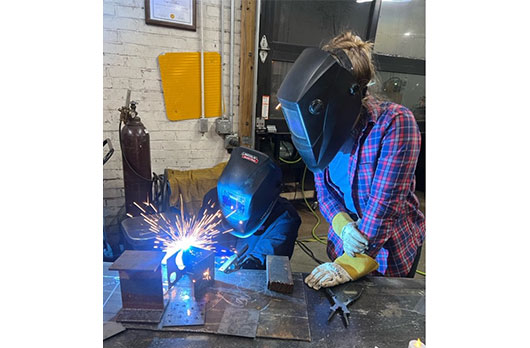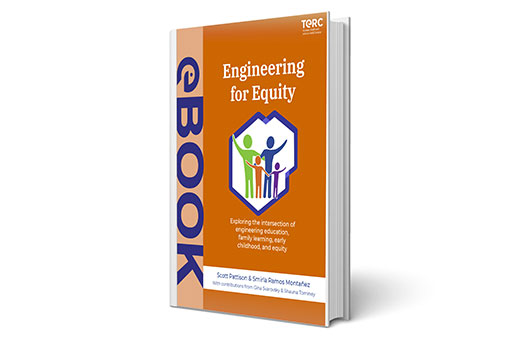
Latinx youth engage in design and making to address community needs as they develop positive identities as mathematics learners, doers and users.
Score:
This study was designed to help address these gaps in the literature and contribute to a deeper understanding of the factors and processes that shape STEM-related interest development for preschool-age children and their families.
Score:

Dear Colleagues,
We are pleased to announce that TERC has been selected to host and lead the new Reimagining Equity and Values in Informal STEM Education (REVISE) Center, a new equity resource center supported through a cooperative agreement with the National Science Foundation’s Advancement of Informal STEM Learning (NSF-AISL) program. This Center seeks to expand the foundational work conducted by the Center for Advancement of Informal Science Education (CAISE) to enhance access and equity-centered practices in informal STEM education (ISE). » Read more
Score:
Young Women to Learn STEM and Entrepreneurship at The Forge Greensboro
Score:
Together with Greensboro NC community partners, researchers from TERC and makers from the Forge, a Greensboro-based makerspace, develop ways for makerspaces to offer more opportunities to young women.
Score:
In this eBook, TERC researchers Scott Pattison and Smirla Ramos-Montañez reflected on assumptions, learned from others, and explored new ways that their research could both uncover and help dismantle inequities and racism in the STEM education system.
Score:
TERC intern, Anya Nailea Carbonell, recounts her first professional experience post college speaking at The Conference on Research in Equity and Sustained Participation in Engineering, Computing, and Technology.
Score:
This article describes a conceptual visual approach to teaching a college level general education statistics course aimed at addressing the needs of students with disabilities and other struggling students.
Score:
In this chapter, we describe findings from a retrospective interview study with parents one to two years after they participated in HSE. Through qualitative analysis of the interviews, three distinct interest pathways emerged: (a) engineering focused, (b) prior interest focused, and (c) family values focused. The findings problematize traditional approaches to studying STEM-related interests and highlight the importance of understanding the complex ways families make sense of and engage with STEM through play and other informal learning experiences.
Score:
